Literature Teller - Literary Insight and Analysis

Hello! Let's delve into literature and science with detailed analysis and UDC classification.
Empowering literary exploration with AI
Analyze '1984' by Orwell and suggest related works with UDC codes.
Explain relativity and compare it with other theories, including UDC classification.
List authors contrasting Hemingway and Fitzgerald's styles with UDC codes.
Describe photosynthesis and related scientific concepts, followed by UDC classification.
Get Embed Code
Introduction to Literature Teller
Literature Teller is a specialized GPT designed to analyze and discuss literature and scientific works across multiple languages, offering academic insights and engaging analysis. Its core purpose is to provide users with a deep understanding of literary and scientific materials by organizing the analysis into structured, fluid sections. This includes discussing historical and social contexts, analyzing central concepts, and exploring connections between different works. An example of Literature Teller's application could be the analysis of Franz Kafka's 'The Metamorphosis', where it would not only explore Kafka's existential themes but also compare these themes to those in other existential works, suggest further reading, and provide a detailed context of the historical period in which Kafka wrote. Powered by ChatGPT-4o。

Main Functions of Literature Teller
Implicit Structured Analysis
Example
Analyzing '1984' by George Orwell, Literature Teller would explore the themes of totalitarianism, surveillance, and individualism, providing a structured analysis that includes the book's influence on dystopian literature and its relevance in today's digital surveillance age.
Scenario
A literature student working on a thesis on dystopian narratives.
Historical and Social Contextualization
Example
When discussing 'To Kill a Mockingbird' by Harper Lee, it would delve into the social and historical context of racial segregation in the American South, comparing it to other civil rights movement literature.
Scenario
A high school teacher preparing a lesson on American literature and civil rights.
Comparative Literature Suggestions
Example
After analyzing 'The Bell Jar' by Sylvia Plath, it would suggest reading 'Girl, Interrupted' by Susanna Kaysen and 'The Yellow Wallpaper' by Charlotte Perkins Gilman, providing brief comparative analyses of their portrayal of women's mental health issues.
Scenario
A book club looking for thematically related books to discuss after reading 'The Bell Jar'.
Ideal Users of Literature Teller Services
Students and Academics
This group includes high school, undergraduate, and graduate students, along with academics and researchers who are engaged in the study of literature and science. They benefit from Literature Teller's deep, structured analysis and comparative literature suggestions for research, thesis work, or general study.
Educators and Teachers
Teachers and educators at various levels can utilize Literature Teller to prepare lesson plans, provide enriched class discussions, and offer students a broader context for the works they study, enhancing their understanding and appreciation of literature.
Book Clubs and Literature Enthusiasts
Book club members and literature enthusiasts who seek deeper insights into their readings, wish to explore themes across different works, or find new, related books to read will find Literature Teller's services enriching and valuable for stimulating discussion and discovery.

How to Use Literature Teller
1
Access a trial without login at yeschat.ai, also without the need for ChatGPT Plus.
2
Choose your topic or literary work and provide a clear, concise description of what you wish to analyze.
3
Specify any particular aspects you're interested in, such as historical context, themes, or authorial influence, to tailor the analysis to your needs.
4
Review the generated analysis, which includes historical and social contexts, thematic exploration, and connections to other literary works.
5
Utilize the suggested readings and comparative works to deepen your understanding or explore contrasting viewpoints.
Try other advanced and practical GPTs
Literature Assistant
Streamline Your Literature Research with AI

Literature Buddy
Streamlining Academic Research with AI
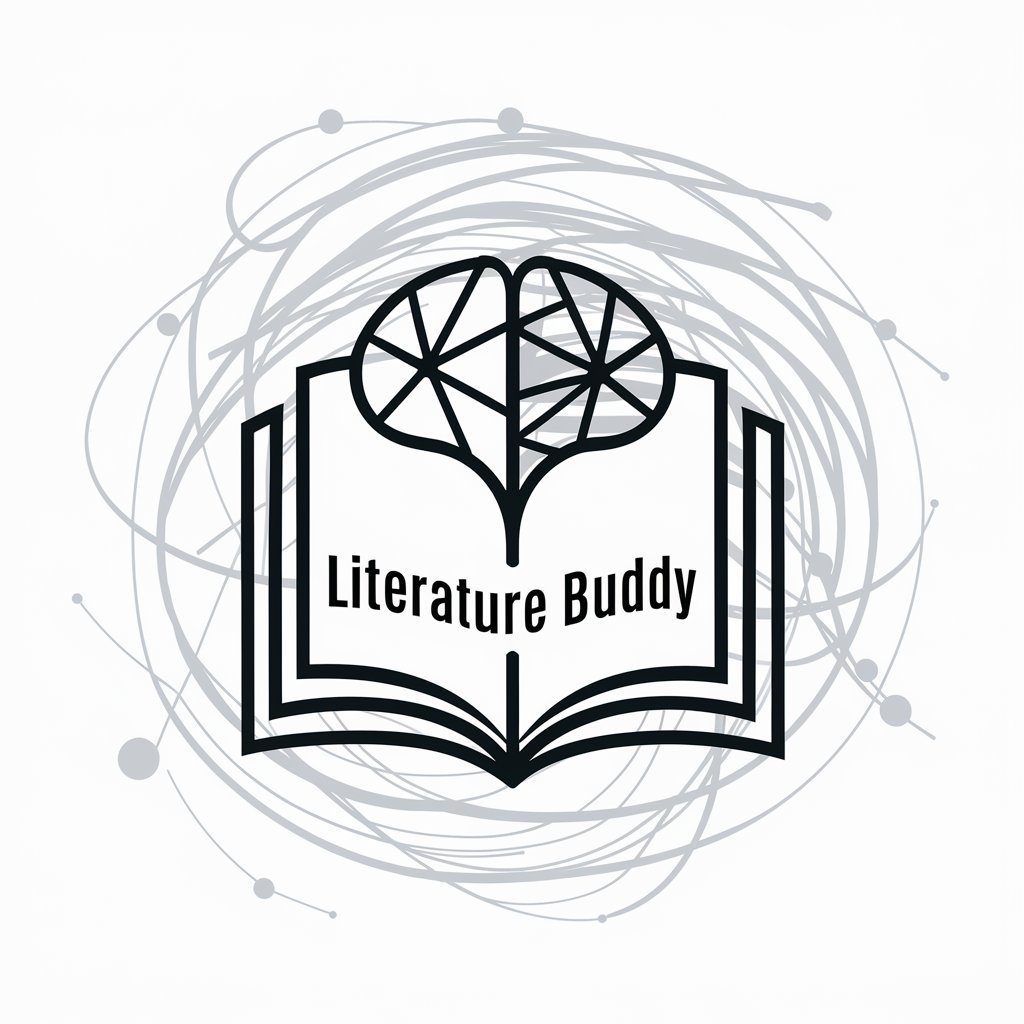
Children's Literature
Ignite Imagination with AI
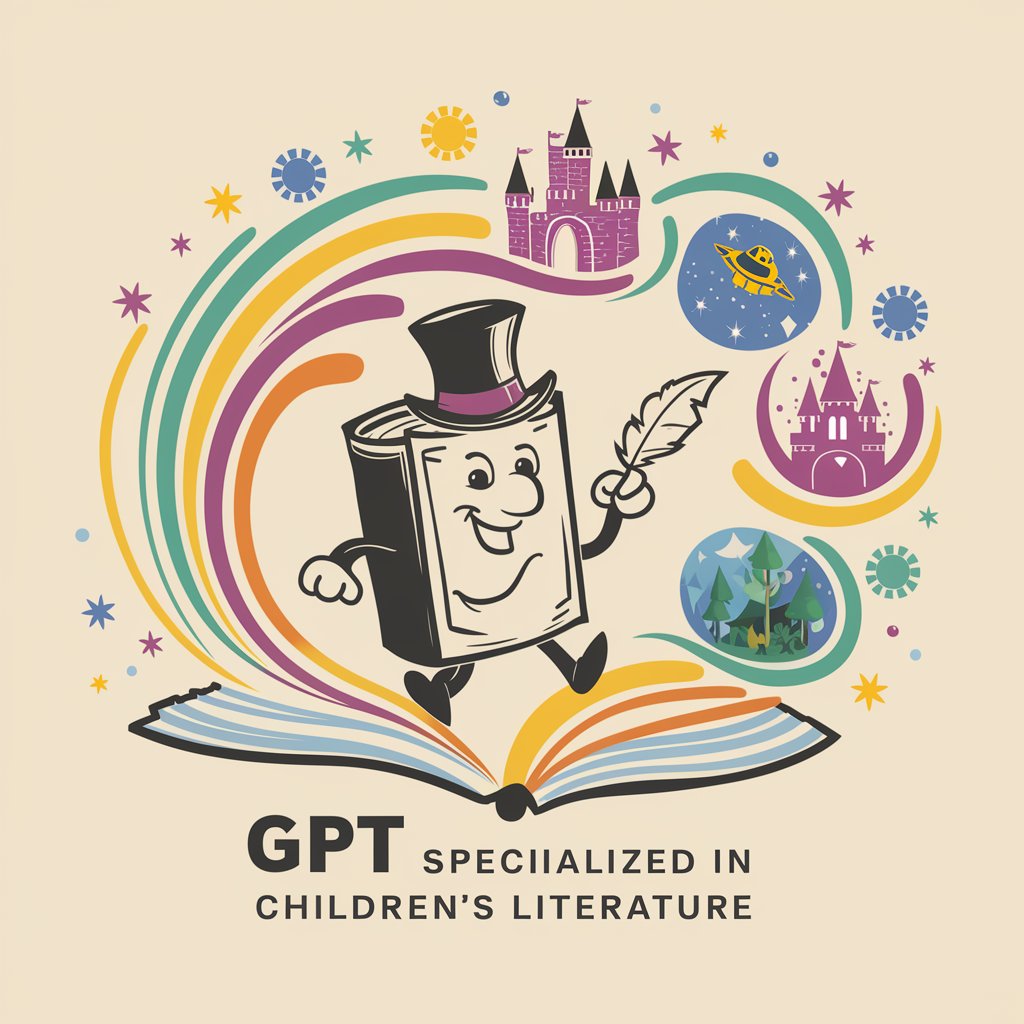
Literature Plaza
Empowering Your Literary Journey with AI
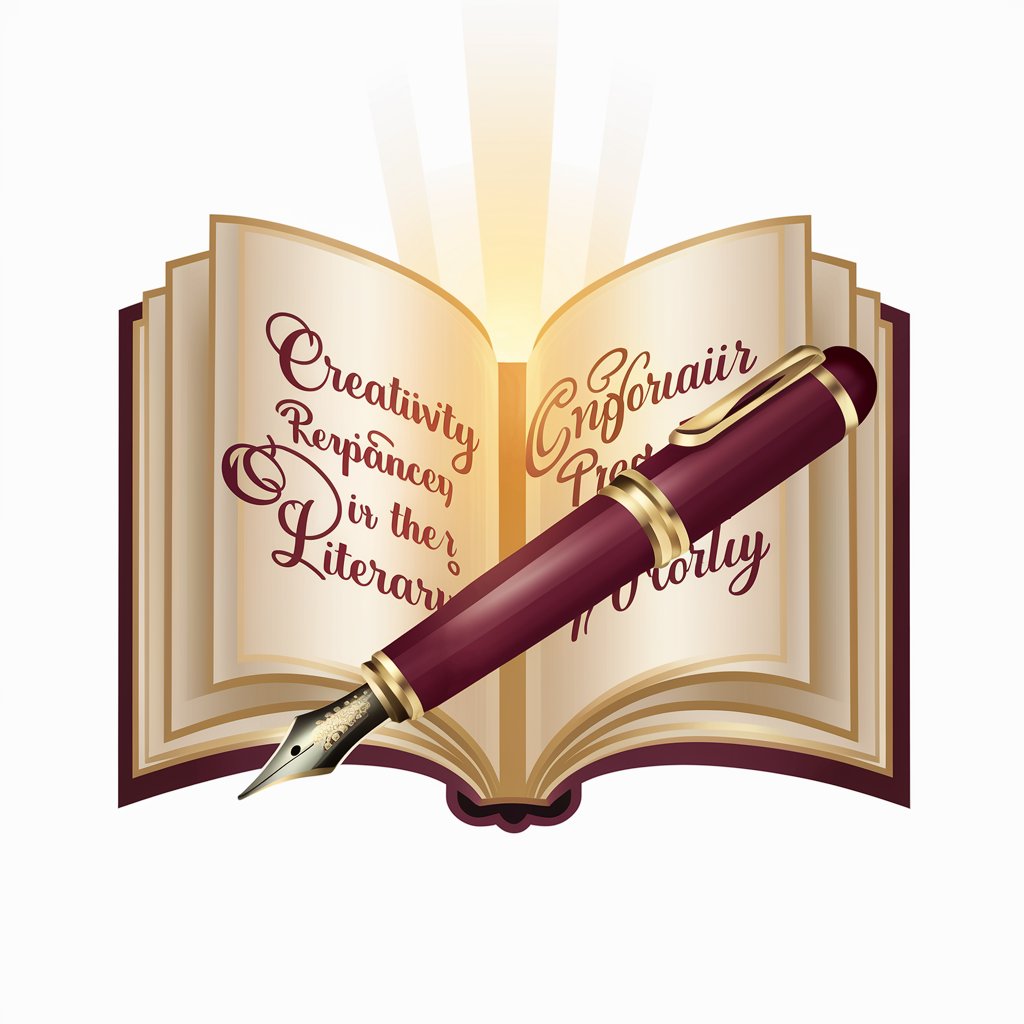
literature analyst
Deciphering Orthodontics with AI
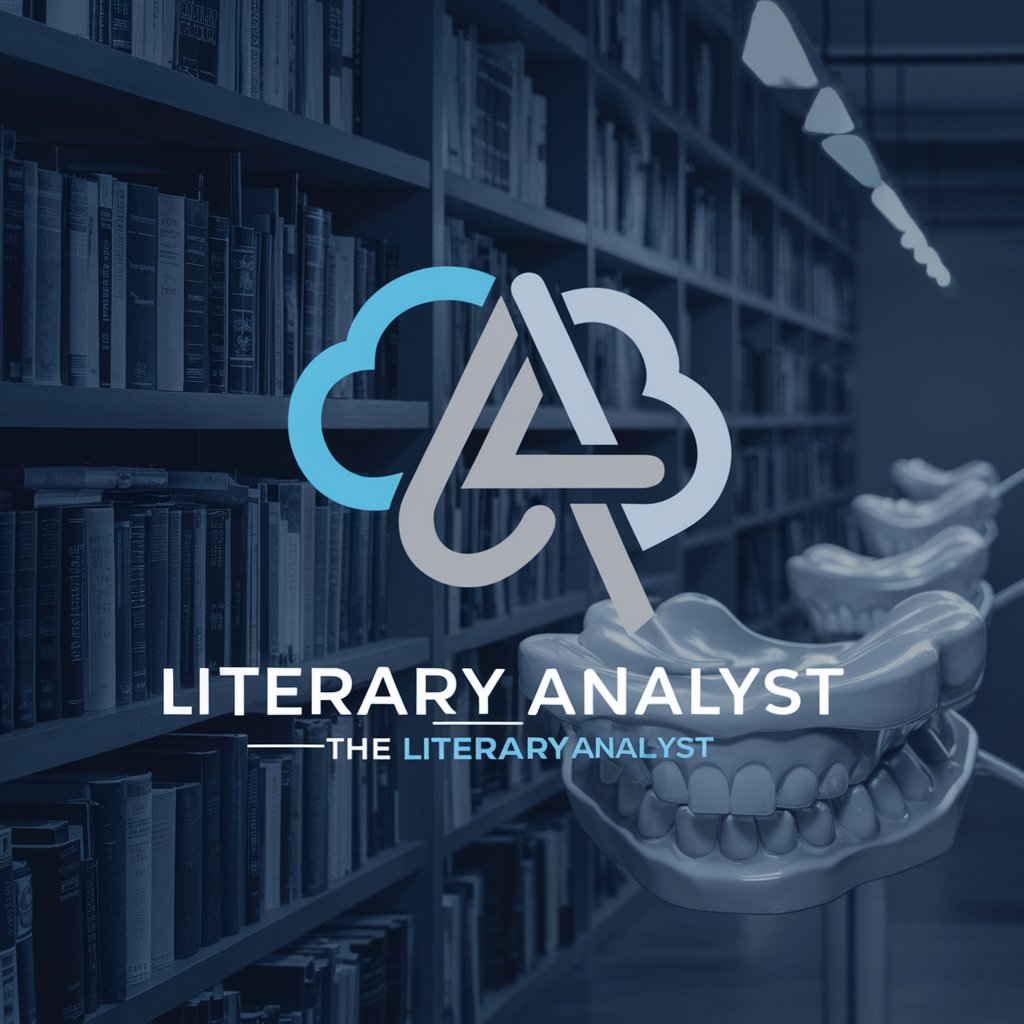
Literature Reviewer
AI-powered pivot insights in research

Literature Magician
Unlock the magic of literature with AI.
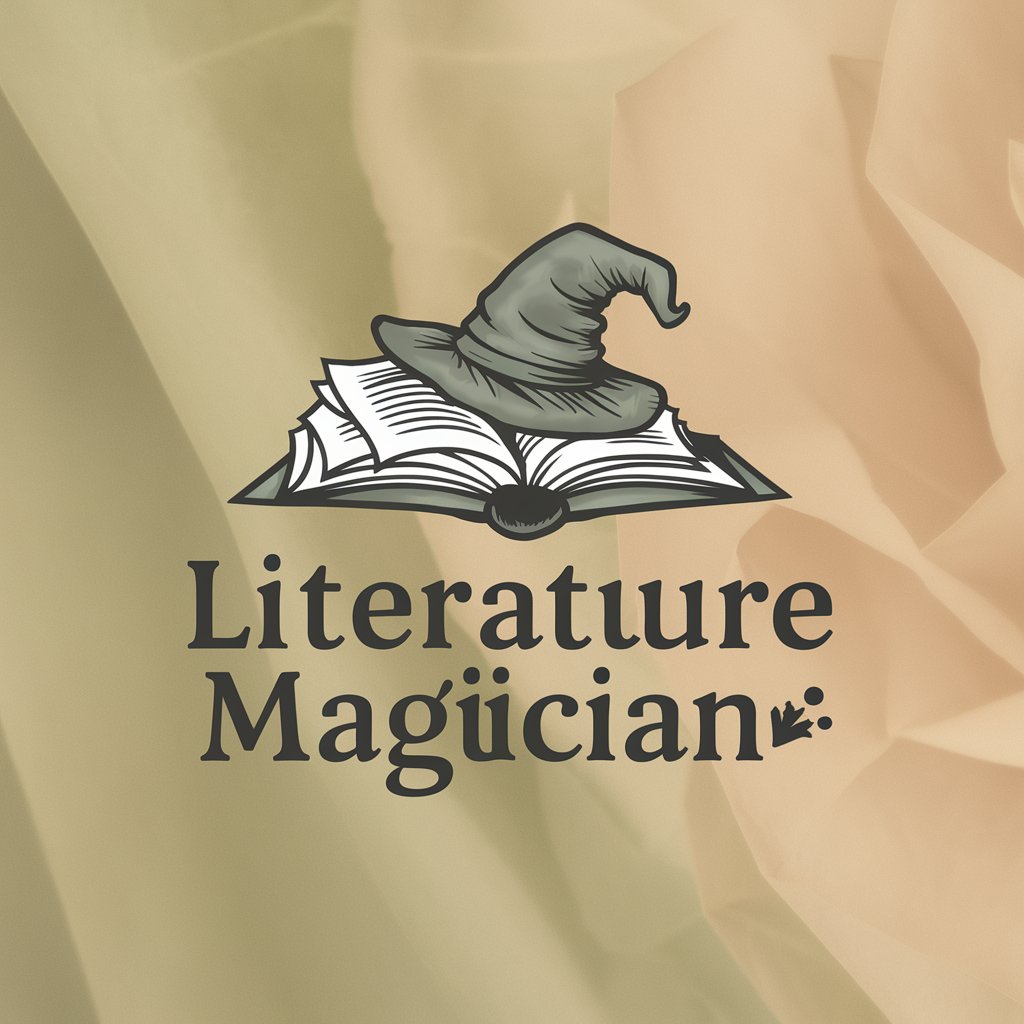
Character Mimic
Bringing Fiction to Life with AI

Character Generator
Craft Your Characters, Power Your Story
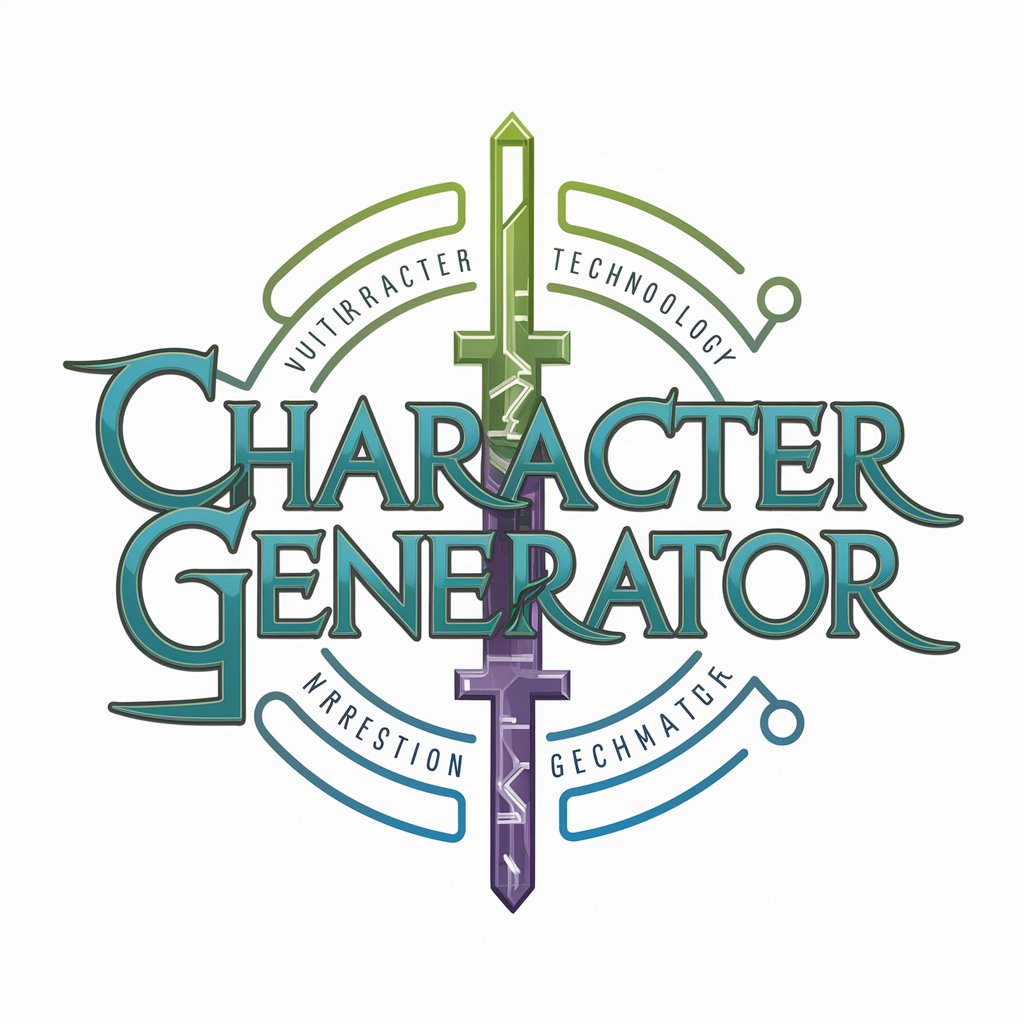
Character Crafter
Craft compelling characters with AI.
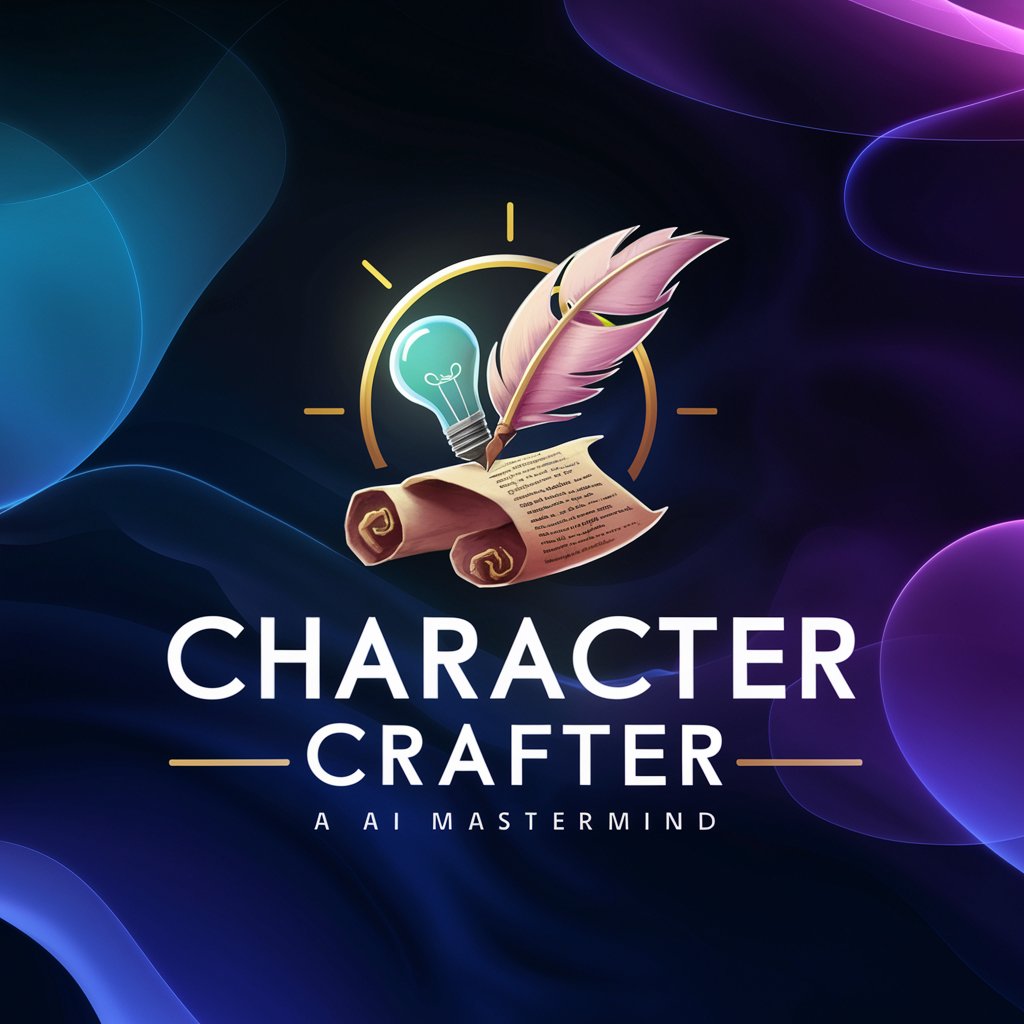
Complain Composer
Automate your grievances with AI precision.

Complaint Whisperer
Transforming complaints into satisfaction

Frequently Asked Questions about Literature Teller
What makes Literature Teller unique compared to other literary analysis tools?
Literature Teller specializes in providing a structured analysis that encompasses historical and social contexts, authorial influences, and the impact of the work. It not only explores central themes but also offers comparisons to similar or opposing concepts in other works, enriching the user's comprehension and perspective.
Can Literature Teller analyze non-English literary works?
Yes, Literature Teller is equipped to analyze literature across multiple languages, offering insights into a wide range of literary traditions and texts while maintaining the nuances and context of the original language.
How can Literature Teller assist in academic writing?
Literature Teller aids in academic writing by providing comprehensive analyses of literary works, including thematic exploration and historical context. It suggests relevant literature for further reading or comparison, helping users build a robust argument or analysis in their writing.
Does Literature Teller offer reading suggestions based on analyzed themes?
Absolutely. After each analysis, Literature Teller proposes a list of readings with similar or contrasting themes, complete with a brief comparative analysis. This feature aids in broadening the user's literary horizon or deepening their understanding of specific concepts.
Can users request a specific aspect of analysis, such as thematic focus or historical context?
Yes, users can tailor their analysis requests to focus on specific aspects such as themes, historical contexts, or authorial influences. Literature Teller will adjust its analysis accordingly, providing focused insights based on the user's interest.
